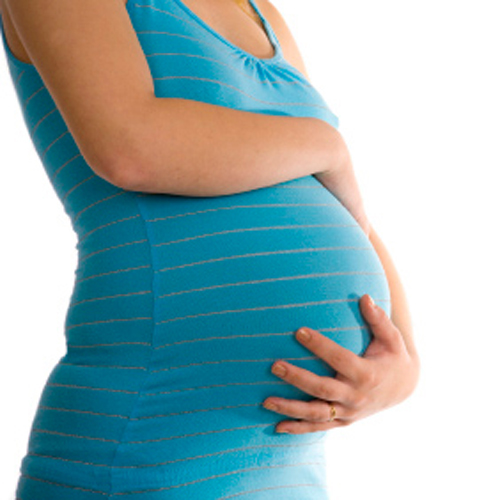Late Pregnancy Research and Consequences

Today more and more woman are giving birth at a later age, yet according to a recent study done by Prof. Yariv Yogev, senior physician in the Maternal Fetal Medicine Division at the Rabin Medic Center, there are many risks involved. This study, whose goal was to evaluate pregnancy outcome in women at an advanced maternal age, looked at how women of varying ages fared while giving birth between 2000 and 2008.
The study included nearly 80,000 women who gave birth during that time, of which only 177 (0.2%) were forty-five or older. The majority of older women conceived using donor eggs, and 80% delivered their babies by Cesarean Section, more than twice the overall rate. Comparing these older mothers to those mothers forty-four years and younger the researchers found that the rates of gestational diabetes, mellitus, and hypertensive complications were much higher in the older woman and that they had many more complications during pregnancy and at birth.
The results of this study, which were published in the December issue of the American Journal of Obstetrics and Gynecology, clearly showed that pregnancy at an advanced maternal age is associated with significant increased maternal and fetal risk and that this group is a distinct obstetric high-risk entity. These findings shed more light on the potential consequences of late pregnancies and the importance of excellent medical care for this group of new mothers.
Related Articles
Early Menopause - Serious Issue for Breast Cancer Patients
In Israel, this year alone, about 1,000 women under the age of 50 will discover they have breast cancer. If this is not devastating enough, many of these young women, still of childbearing age, will go into early menopause as a result of life saving chemotherapy treatments.
American OB/GYNs Visit Israel's Rabin Medical Center
Under the leadership of John J. Sciarra, MD, Ph.D., a group of fifteen OB/GYNs from across the U.S. and the Bahamas visited Israeli's Rabin Medical Center.